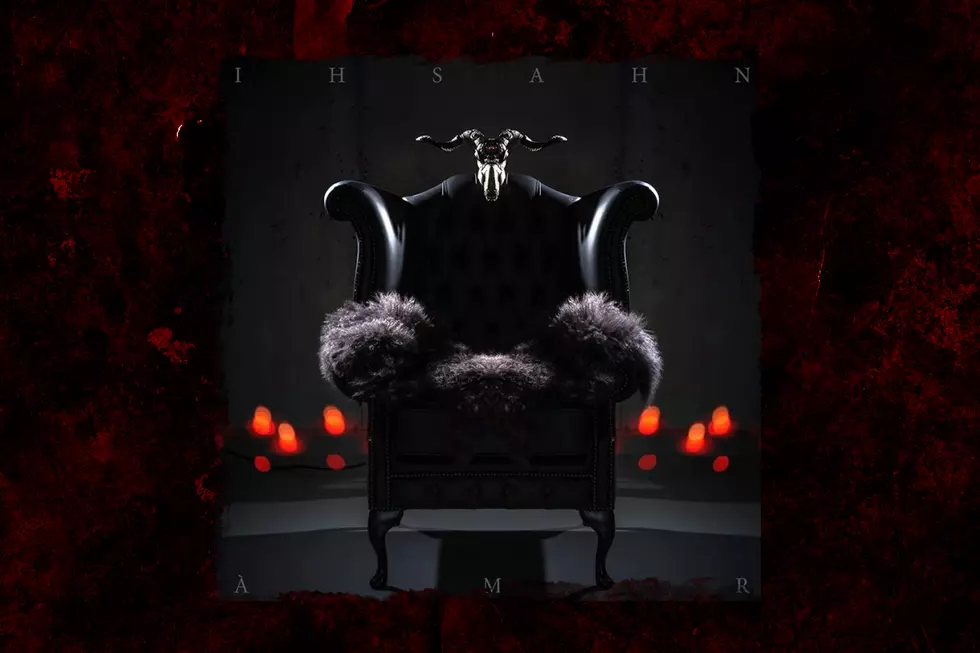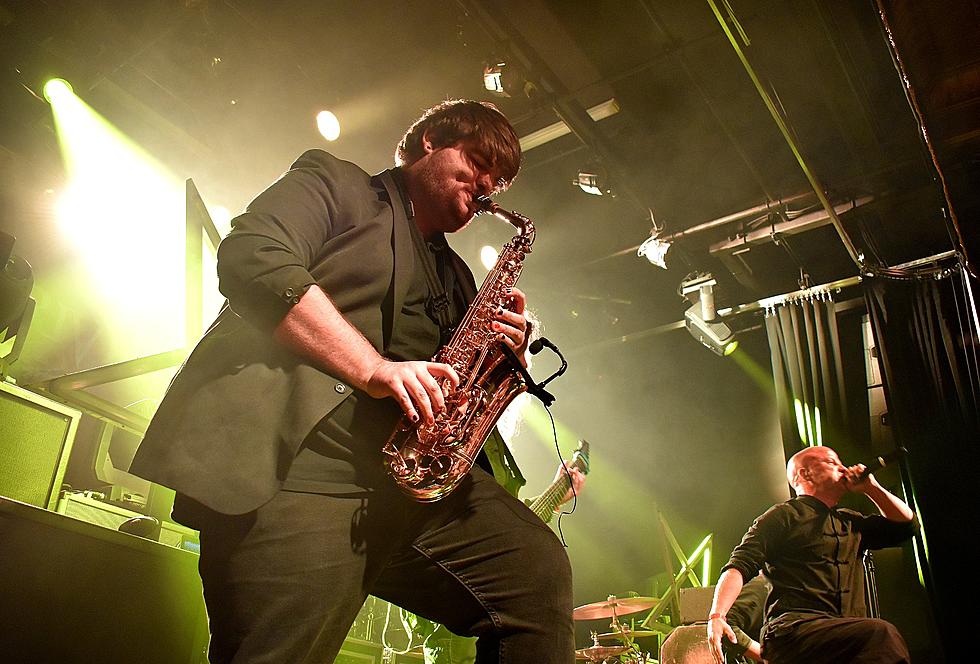
Ihsahn Heightens His Sense of Progressive on ”Amr’ – Album Review
Five years after the dissolution of Emperor, the band’s grand orchestrator, Ihsahn, launched his solo career in 2006 with he resurfaced with The Adversary. It was largely outside of black metal’s scope, expressing progressive elements while shedding the cyclone riffing and blinding speed Ihsahn had so violently employed during Emperor’s reign. His output has been bountiful and consistent over the last dozen years, keeping fans satiated... and also keeping them off his back about recording with Emperor once again. If the quality is there, the yearning for a reformation weakens.
Methodical in his approach to bringing Emperor back to the stage, Ihsahn has reunited different era lineups for tyrannically few live appearances in celebration of album anniversaries, careful not to taint the legacy the group left behind. This has earned the Norwegian legend a degree of credibility, giving him creative license to explore new sounds and textures with each solo album. There’s a central dynamic to each record, which, lately has featured burly subterranean eight-string riffs, but Ihsahn hones in on fresh elements each time and aligns them in specific directions, pushing his abilities as a songwriter and challenging him to his core. Such is the case with his seventh album, ‘Amr.
The presence of generally straightforward black metal has diminished with ensuing releases, though Ihsahn has a tendency to lean hardest on his old ways in album openers. “Lend Me the Eyes of the Millenia” wears this mark, though a caveat for the most ardent of Emperor fans: it hinges on a synth melody which even rests under concussive blast beats and orchestral bombast. This moments of unchained aggression are sparing and we don’t get a sense of this until again the final track, “Wake,” which makes for a moody, malevolent bookend to an otherwise gleaming and fairly beautiful set of tracks rife with crystalline hooks and Ihsahn’s most confident clean singing of his career.
This album isn't really intended for the stage: Ihsahn rarely plays live shows and when he does, he feels the material can deviate slightly from the recorded versions. Reproducing this material live was probably not on his mind when he wrote and recorded it. King Diamond-esque falsettos buried in the mix of “Arcana Imperii” add a ghastly touch, “When You Are Lost and I Belong” deploys a dense Blut Aus Nord-like hellscape and industrialized drum machinations and the dense majesty of “Sámr” is rich with layers that build up and tear down passages — all nifty studio embellishments. ‘Amr is an album where headphones are a must as chords crash down on ethereal moments in one speaker while symphonic portions erupt from the other.
With Ihsahn's solo work, there's always a duality. The beauty of “Sámr” and its expansive, cinematic moods effectively set a scene, but it's an ever-shifting one as timid stillness explodes into an anthemic delivery on “Twin Black Angels." These songs sound even more resplendent when contrasted with the lurching, spiderwebbed riffs, breakbeats and bobcat caterwauls of “One Less Enemy” and “In Rites of Passage."
When confronted with a new Ihsahn album, you never know what to expect. What is certain is that Ihsahn will challenge your preconceptions about music with elegant and expertly crafted pieces that underscore his brilliance as a songwriter.
Regardless of whether it aligns with your tastes (we're looking at you, Emperor heshers), nobody who genuinely appreciates music can say ‘Amr is poor or contrived; you can't question Ihsahn's intentions; very few musicians have such unimpeachable integrity. You know he's following his muse and not the money, because he turns down the huge paychecks he'd certainly get for a full-on Emperor tour. So, if ‘Amr is for you, keep listening and uncovering new sounds with each go around. If not, we’ll check back with you at album eight and see what else Ihsahn’s got.
Where Does Ihsahn Rank Among the Top 50 Metal Songwriters of All Time?
More From Loudwire









